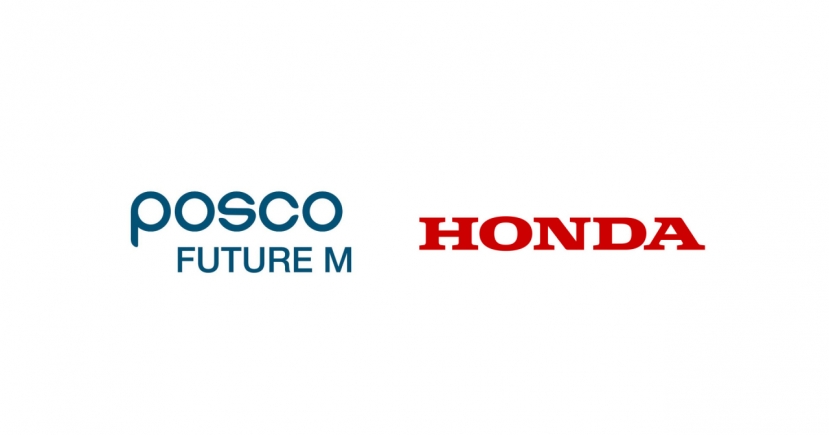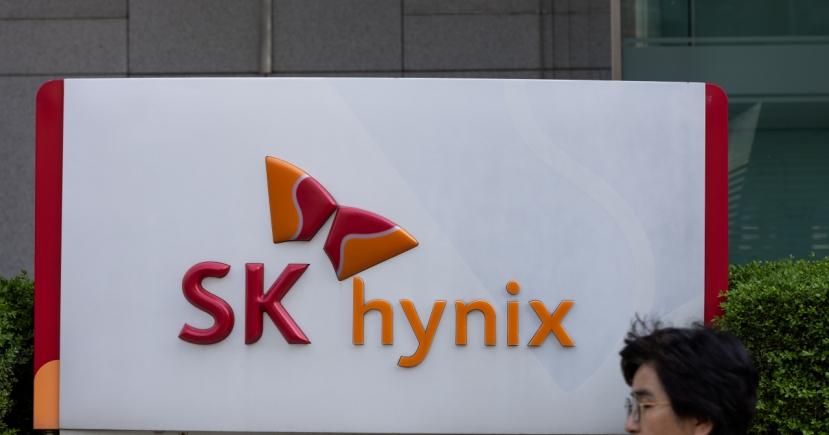Market Now
Korean startups suffer setback as Chinese e-commerce titans pounce
 |
Chinese online marketplace app TEMU (Yonhap) |
In a whirlwind of fierce competition, Chinese e-commerce powerhouses AliExpress and TEMU have been dampening the once-vibrant spirit of retail business startups in Korea.
The surge of Chinese e-commerce companies has delivered a significant blow to Korea's startup scene.
Their mega-scale, low-cost strategies have left local businesses struggling to keep up, ultimately stifling the creation of new ventures in the retail business, according to a report from local daily Herald Business.
Recent data from the Ministry of SMEs and Startups revealed a troubling trend in the domestic retail sector, a previously optimistic arena for emerging businesses.
The retail business, which had been a front-runner in driving the surge of startups in Korea, suddenly hit a roadblock last year, citing the rapid rise of Chinese e-commerce as a primary factor.
The ease of entry and global reach offered by various distribution platforms have fueled a wave of new retail startups here, with a promising growth rate of 13.4 percent in 2021 and 11.6 percent in 2022.
However, this growth trajectory reversed in the following year, declining 0.5 percent.
The downturn intensified throughout the year, with consecutive quarters showing faster diminishing numbers. From a 7.9 percent surge in the first quarter, the industry witnessed a steady decline, culminating in a staggering 21.6 percent drop in December alone.
These figures indicate that the growth of Korea's retail business startups, once a fertile ground for budding entrepreneurs, now faces disruption.
Industry analysts pointed out Chinese operators' explosive growth as a key factor behind this downturn. With fewer regulatory constraints and aggressive pricing strategies, these giants have mounted a formidable challenge, leaving local startups with limited room to maneuver and innovate, local experts said.
The Chinese companies are accelerating their efforts to woo Korean consumers by offering points or various promotions, such as introducing products that can be purchased for only 1,000 won ($0.75), including shipping costs.
Despite their explosive popularity in Korea, controversy continues. Issues have arisen over domestic online retailers claiming to experience "reverse discrimination." Within Korea, various tariffs and additional taxes are imposed on domestic sellers when selling products that have been purchased in China, while Chinese direct purchase applications are much free from such regulations.
Recognizing the seriousness of the issue, the Korean government held a meeting with officials from large online retailers including Coupang and SSG last month to prevent a decline in the competitiveness of domestic online distribution platforms.
Some participants reportedly suggested measures such as strengthening the consumer protection system and eliminating any inequities domestic sellers face, with an emphasis on local startups remaining vigilant amid the stiff competition with Chinese e-commerce companies.
By Kim Jun-hong (hongie@heraldcorp.com)








